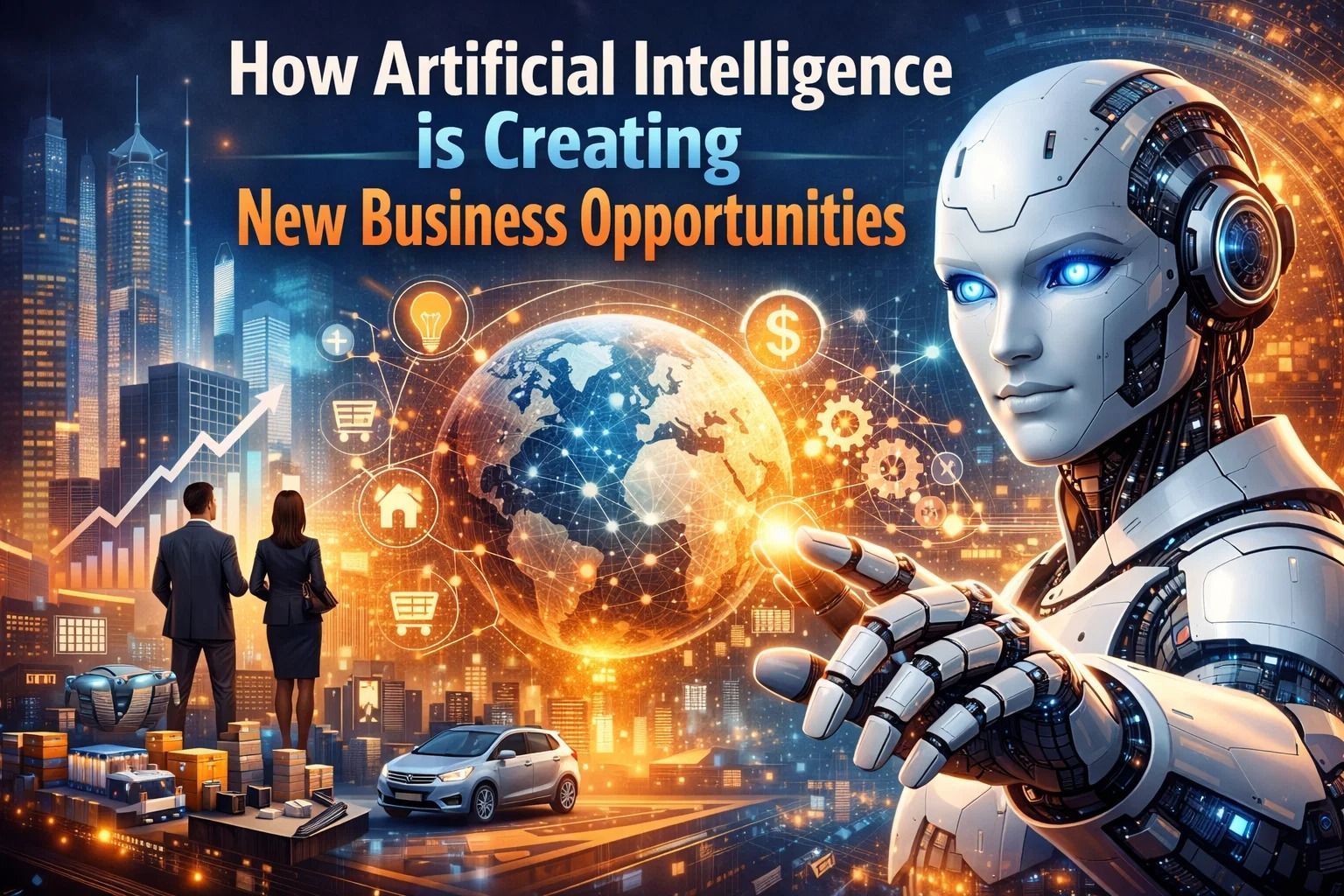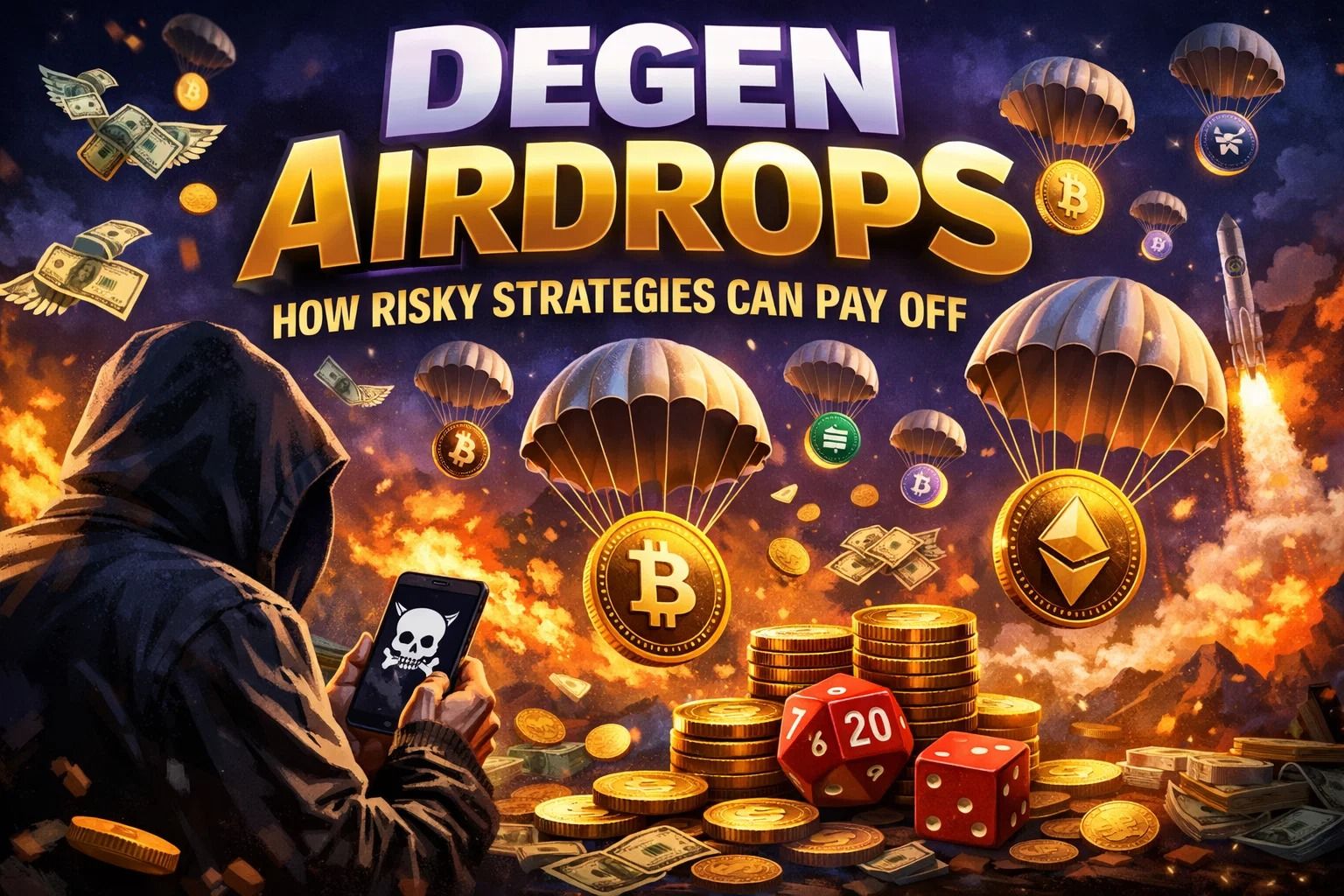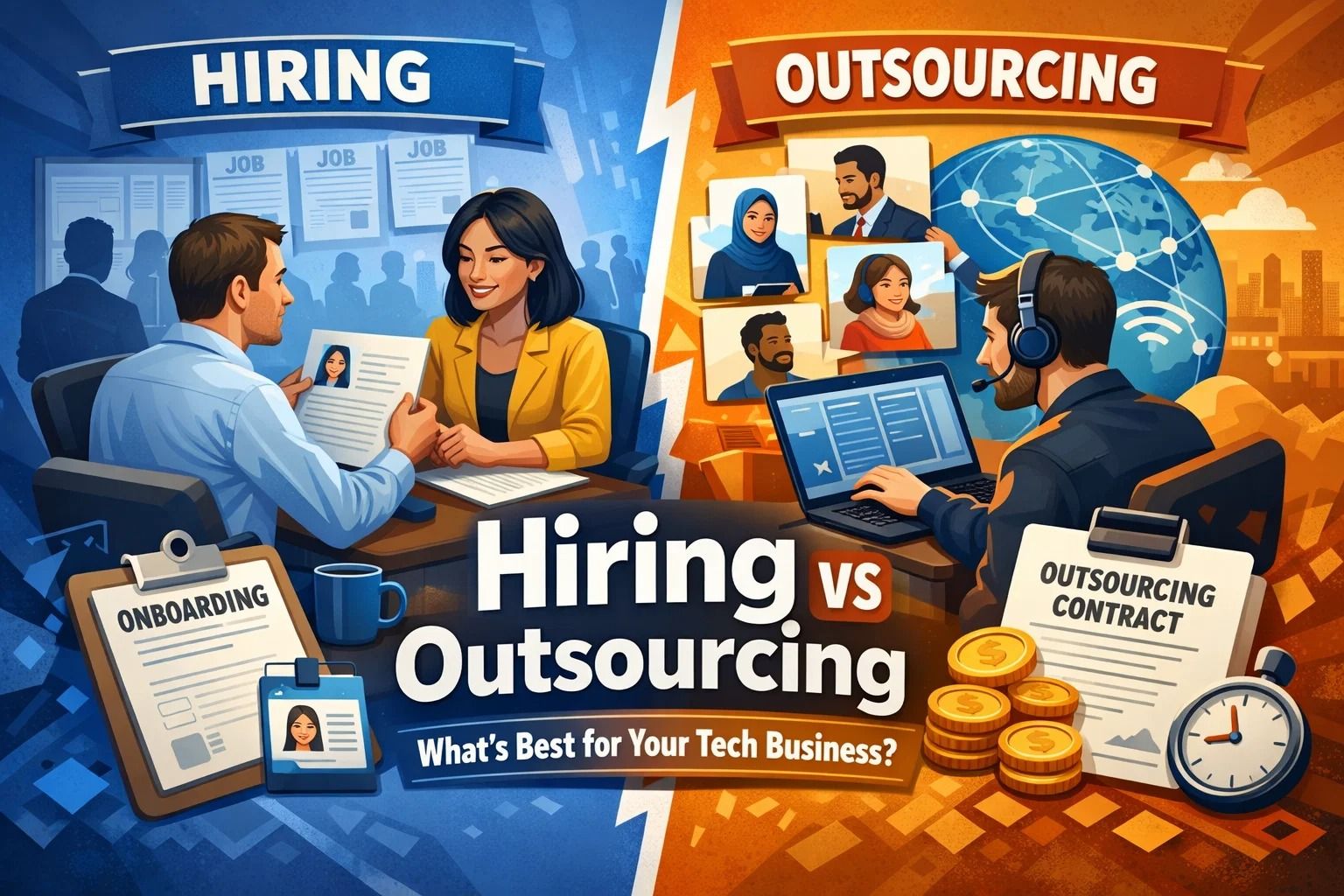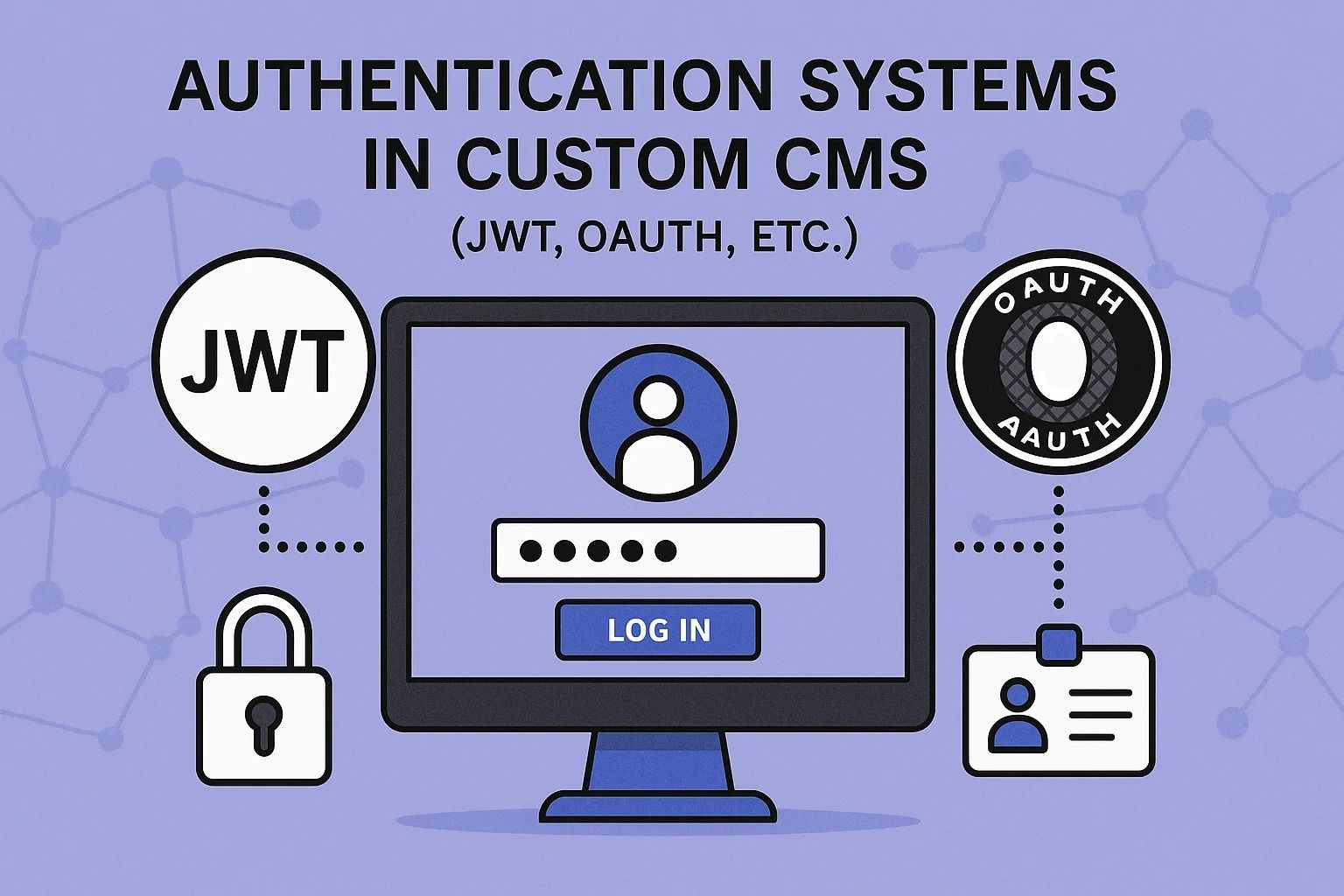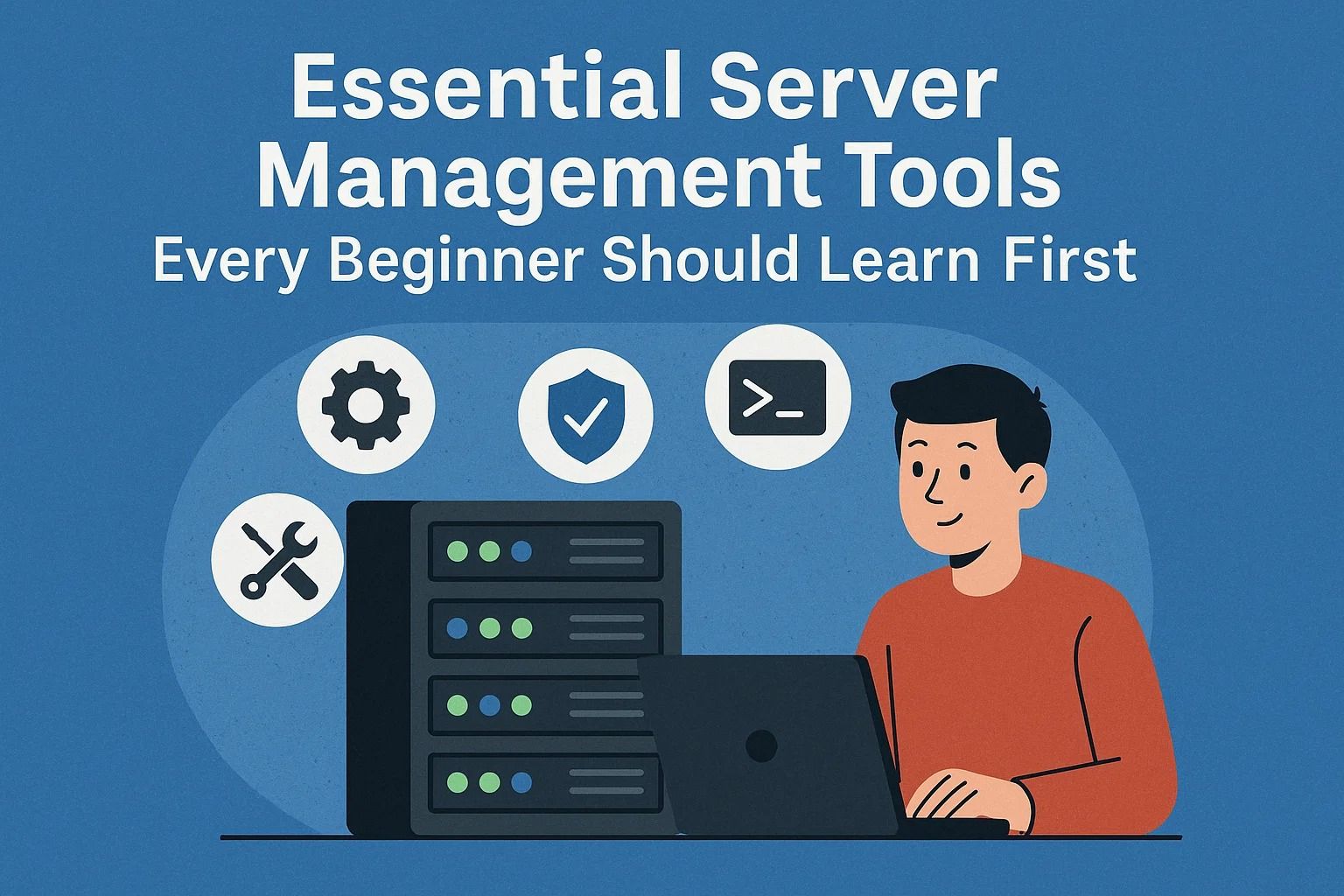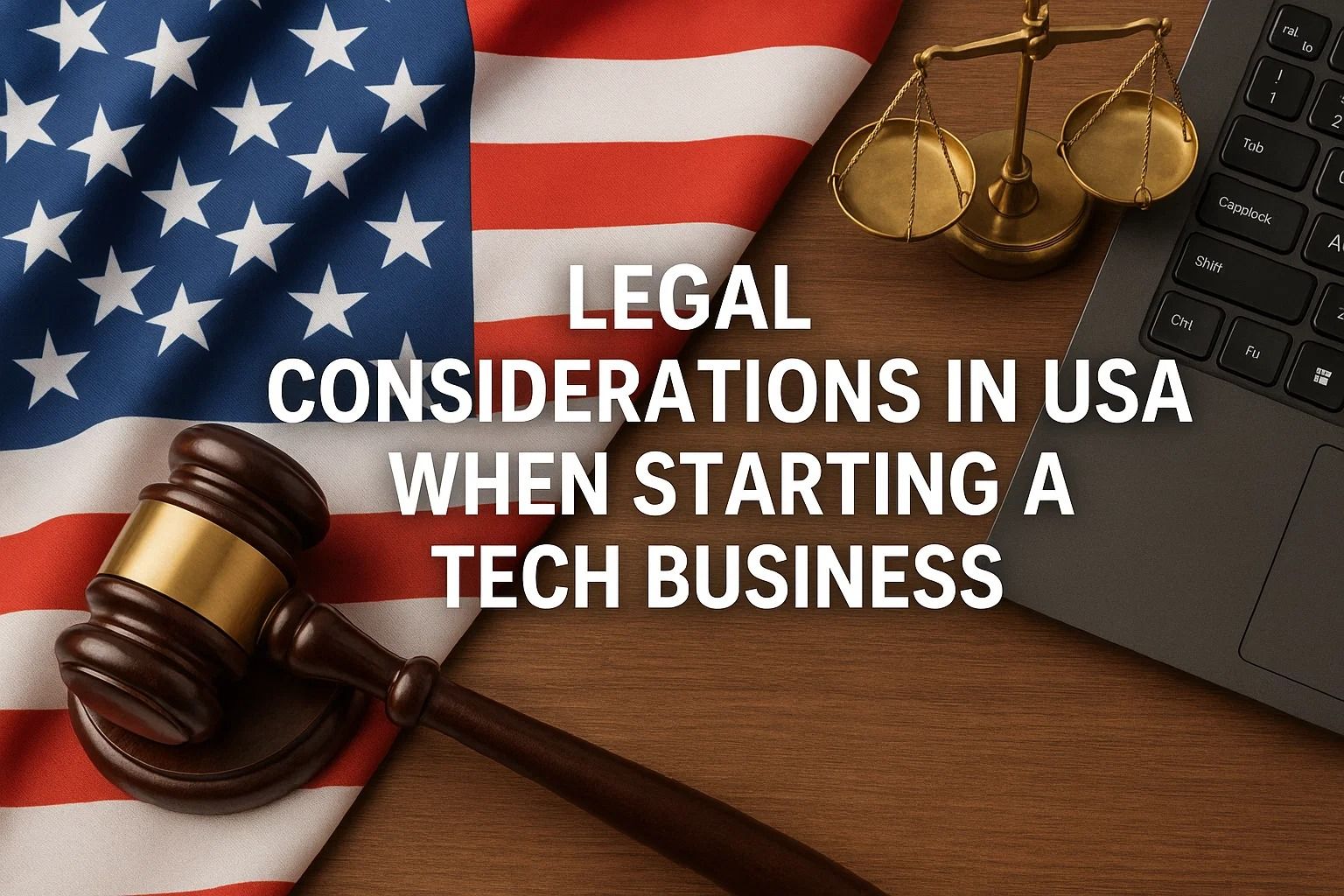
Legal Considerations in USA When Starting a Tech Business
Legal Considerations in USA When Starting a Tech Business
Legal Tech Startups
Launching a tech company in the United States involves far more than code and customer acquisition. Ignoring legal foundations can jeopardize your business before it gains traction. In this part, we’ll explore core legal considerations every tech founder should know—from business structure and intellectual property to compliance and contracts.
Tip: Even if you’re bootstrapping, consult a startup attorney early. Legal missteps often cost more than upfront advice.
Choosing the Right Business Entity
The first major legal decision is your business structure: whether to register as a sole proprietorship, partnership, LLC (Limited Liability Company), or corporation (C-Corp or S-Corp). Each has trade-offs in liability, taxation, and ownership rules.
- Sole Proprietorship or Partnership: Simple to set up, but offers no liability protection.
- LLC: Popular for startups—gives flexibility, simplicity, and liability protection without heavy formalities.
- C-Corporation: Ideal if you plan to raise venture capital. Allows issuance of preferred stock, but has double taxation on profits.
- S-Corporation: Pass-through taxation, but with restrictions on shareholders and classes of stock.
Tech founders often prefer forming an LLC first for flexibility, then converting to a C-Corp before taking investment rounds. In states like Delaware, with favorable corporate laws, many tech companies incorporate even if they are located elsewhere.
Protecting Intellectual Property (IP)
Your software, designs, trademarks, and patents are among your most valuable assets. Failing to protect them can allow competitors or copycats to gain unjust advantage. Keep in mind:
- Copyright: Automatically protects code, documentation, designs—registering adds stronger rights.
- Trademarks: Register your business and product names to prevent confusion and brand theft.
- Patents: Consider whether your technology is novel and nonobvious—file early, before public disclosure.
- Trade Secrets: Use NDAs (non-disclosure agreements) and secure protocols to protect algorithms or business logic.
Contracts, Agreements, and Terms
Even if you’re building solo, you’ll deal with contracts—whether hiring freelancers, onboarding clients, or licensing software. Key contracts and terms to prepare include:
- Independent Contractor Agreements: Clearly define scope, deliverables, payment, and IP assignment.
- Client Service Agreements / Terms of Service: Set expectations, liability limits, deliverables, and dispute resolution.
- Privacy Policy & Terms of Use: Especially crucial if you collect user data (even emails).
- Employee Agreements & Stock Option Plans: If you hire, you’ll need employment contracts, non-compete, and equity agreements.
Internal link: Contact Us
Regulatory Compliance and Licensing
Starting a tech company in the USA means aligning with federal, state, and sometimes local regulations. These may not be the most exciting aspects of building a business, but compliance protects you from fines, lawsuits, or even forced shutdowns. Some key compliance areas include:
- Business Licenses: Check state and city requirements for registering and operating a business legally.
- Tax Compliance: Understand sales tax obligations for digital services, state franchise taxes, and federal reporting duties.
- Employment Law: If hiring, you must comply with labor laws, minimum wage, benefits, and anti-discrimination regulations.
- Industry-Specific Rules: For fintech, healthcare, or edtech startups, stricter compliance frameworks like HIPAA or SEC rules may apply.
Data Privacy and Cybersecurity Regulations
Data is at the heart of most tech startups, and mishandling it can lead to legal consequences. In the USA, there is no single federal law covering all personal data. Instead, different laws apply depending on sector and state:
California’s CCPA and CPRA are among the most influential privacy laws. Even if you are not based in California, if you serve customers there, you must comply.
- FTC Regulations: The Federal Trade Commission enforces fair practices around consumer privacy and data protection.
- State Laws: CCPA (California), VCDPA (Virginia), and others introduce strict rules around consent, access, and data deletion.
- Sector-Specific: HIPAA (healthcare), GLBA (financial data), COPPA (children’s data).
Founders should create a written data privacy policy, outline security protocols, and ensure compliance with the regulations of their target market. This will not only reduce risk but also build trust with early customers.
Fundraising and Securities Law
Many tech startups plan to raise capital from angel investors, venture capital firms, or even crowdfunding platforms. The moment you sell equity or debt securities, you enter the domain of federal and state securities laws. Key points include:
Accredited Investors: Most private fundraising must be limited to accredited investors under SEC rules, unless using specific exemptions.
SAFE Agreements: Simple Agreements for Future Equity are popular in tech, but they must be carefully structured to remain compliant.
Crowdfunding: Platforms like Republic or SeedInvest allow raising smaller amounts under Regulation CF, with clear disclosure requirements.
Failing to comply with securities law can lead to investor lawsuits, SEC penalties, and reputational harm. It’s best to consult legal professionals when structuring funding rounds.
Internal link: Learn more about building strong foundations in our About page.
Employment Law and Hiring Practices
As your tech business grows, hiring employees or contractors becomes inevitable. However, U.S. employment law is complex and varies by state. Misclassification of workers—labeling someone as an independent contractor when they should be an employee—can lead to tax penalties and lawsuits. Founders should draft clear employment agreements outlining roles, compensation, benefits, and intellectual property assignments. Additionally, ensure compliance with federal laws like the Fair Labor Standards Act (FLSA) and Equal Employment Opportunity Commission (EEOC) guidelines.
Pro Tip
Use offer letters, confidentiality agreements, and IP assignment contracts from the very first hire to prevent disputes over ownership of code, designs, or patents.
Immigration and International Talent
Many U.S. tech companies rely on global talent. If you plan to bring in employees or co-founders from abroad, you’ll need to navigate the U.S. immigration system. Popular visas include H-1B (for skilled workers), O-1 (for individuals with extraordinary ability), and E-2 (for investors). Each comes with strict eligibility criteria and quotas. Early planning is essential, since visa petitions often take months and require specialized legal assistance.
Intellectual Property Strategy Beyond Registration
Registering copyrights, patents, and trademarks is only the start. Enforcement is equally important. Founders should establish monitoring systems to detect potential infringement and prepare to take legal action if necessary. In software, open-source licenses can create complications: using GPL or AGPL-licensed code may require you to release your own source code. Always audit dependencies before launching or pitching to investors.
Neglecting open-source compliance has caused several startups to face lawsuits and forced code releases. Perform due diligence on all third-party libraries.
Government Regulations and Special Sectors
Some tech niches face heightened scrutiny. Fintech companies must comply with the Securities and Exchange Commission (SEC), the Commodity Futures Trading Commission (CFTC), and state financial regulators. Healthtech startups must follow HIPAA guidelines on patient data. Edtech firms face rules related to children’s privacy and accessibility standards. Founders should perform a regulatory scan of their industry early to avoid building a product that cannot legally operate in its intended market.
Taxes and Cross-State Operations
The U.S. tax system is another challenge. A Delaware C-Corp serving customers in Texas and California may owe franchise taxes in Delaware, sales tax in multiple states, and federal corporate income tax. Understanding “nexus” (the point at which your business presence in a state triggers tax obligations) is essential. Software-as-a-service (SaaS) companies in particular need to track where their customers are located and how state tax laws apply to digital goods and services.
Dispute Resolution and Liability Protection
Even with strong contracts, disputes may arise. It’s wise to include arbitration or mediation clauses in agreements with clients, partners, and employees. This ensures conflicts are resolved privately and often more cheaply than litigation. Liability insurance is another crucial safeguard. General Liability covers basic risks, while Errors and Omissions (E&O) protects against lawsuits over professional mistakes—particularly relevant for software and consulting startups.
Exit Strategies and M&A Considerations
Thinking about your exit on day one may feel premature, but investors will expect it. Whether aiming for an acquisition, IPO, or merger, proper legal groundwork ensures smoother transitions. Clean cap tables, well-documented IP ownership, and compliance records increase your valuation and make due diligence less painful. Buyers and investors scrutinize every detail—sloppy legal foundations can reduce offers or kill deals altogether.
Building Legal Resilience as a Startup
Legal resilience means your startup can adapt as laws change and risks emerge. Appointing a general counsel or maintaining a relationship with a startup-focused law firm helps you stay updated. Consider implementing compliance checklists, employee training, and periodic contract reviews. Building these habits early reduces the likelihood of costly mistakes later.
Checklist for Founders
- Choose and register the correct business entity.
- File trademarks, patents, and copyrights as needed.
- Draft contracts: NDAs, contractor agreements, employee agreements.
- Ensure compliance with federal, state, and industry-specific regulations.
- Create data privacy and security policies aligned with CCPA and FTC rules.
- Prepare for fundraising with clean cap tables and compliant securities offerings.
- Establish dispute resolution clauses and obtain liability insurance.
Conclusion
Starting a tech business in the USA is exciting but legally complex. By carefully structuring your entity, protecting intellectual property, respecting labor and data privacy laws, and preparing for fundraising under securities regulations, you reduce risks and increase your company’s credibility. Legal diligence not only protects your business but also makes it more attractive to investors, partners, and customers. While entrepreneurs may be tempted to move fast and skip steps, investing in legal foundations ensures your startup can scale without fear of compliance roadblocks or costly lawsuits.
Internal link: Learn how strong communication tools improve productivity in our article Best Communication Tools for Freelancers and Remote Teams.

